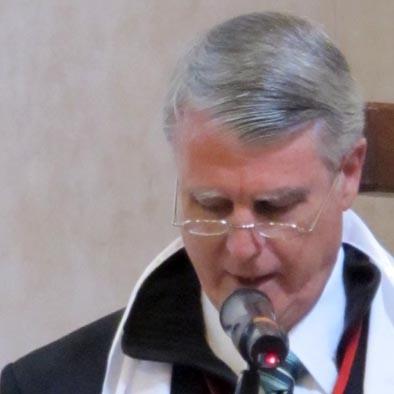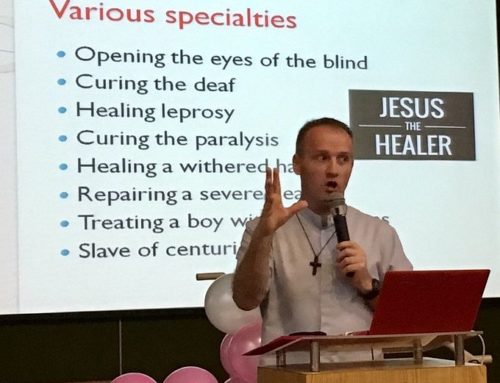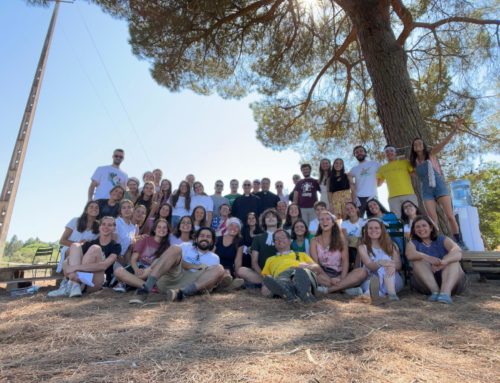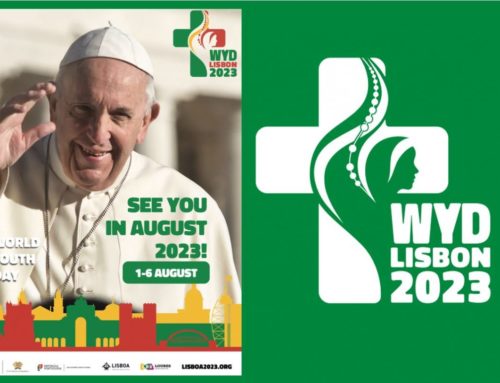One of the ancient traditions in medicine is the obligation that physicians have to care for those who are studying to become physicians. It is an expectation likened to a kind of fatherhood (and its equivalent motherhood) who is concerned not just with passing along knowledge of the science of medicine and its art, but of a love and respect for all patients—for all human life. Medicine is not simply a technical understanding of the science of the body but an appreciation for the human person—body, soul and spirit—and all at the same time.
Biology is of the utmost importance, but biography is essential. The human body gives shape to a visible person, but the invisible animates and gives life to that body.
The physician is responsible for passing on this kind of understanding of his profession—caring for the whole person—to the medical student. His patients will be not only corporeal persons, but transcendent as well.
Excerpts from the Book of Sirach address the physician:
“Hold the physician in honor, for he is essential to you, and God it was who established his profession. From God the doctor has his wisdom. His knowledge makes the doctor distinguished, and gives him access to those in authority. God makes the earth yield healing herbs which the prudent man should not neglect; was not the water sweetened by a twig that men might learn his power? He endows men with the knowledge to glory in his mighty works, through which the doctor eases pain and the druggist prepares his medicines; thus God’s creative work continues without cease in its efficacy on the surface of the earth. My son, when you are ill, delay not but pray to God who will heal you; flee wickedness.
Let your hands be just, cleanse your heart of every sin. Then give the doctor his place lest he leave; for you need him too. There are times that give him an advantage and he too beseeches God that his diagnosis might be correct and his treatment bring about a cure. “(from Sirach, Hebrew, circa 200 BC)
From antiquity there has been a relationship between the physician and his art, and God. The physician is given an understanding of the wisdom God has made known through His creation. To practice this art without gratitude to God for allowing man to understand the order of things in creation and how to use it and care for it is to work impaired. This honest appreciation for the nature of creation and our capacity to understand it is the beginning of humility which opens God’s wisdom to mankind.
When medicine practices its science without reference to God and the grace He provides, a grace which allows men to see the inherent good of each person as a unique creation of God, therefore possessing a right to be respected and a life that obliges the physician t care for its well-being, it falls prey to a relativism of usefulness. Objects are useful or not; the human person is a subject and does not lose his or her worth when they are no longer able to provide a useful function in society.
It is crucial, then, that the physician have a real experiential relationship with God—with God who has revealed Himself most fully in Jesus Christ. For this relationship will be the foundation for a faith which will grow as this personal relationship grows in the individual’s prayer and in his or her fidelity to the Church and the Scriptures. So what does the elder physician have to offer the young physician?
First of all, his or her prayers. He should pray for the young physicians in the quiet of his own heart; while laying his hands on the young doctor and asking the Holy Spirit to pour out His graces on him /her; and by his or her example of faith in action. Secondly, the elder physician has the wisdom of faith and morals to share from the teaching of the Church and the appropriation of this body of wisdom by Catholic and Christian medical communities and associations.
May the elder physicians fulfill this obligation to the young doctors and students of medicine throughout the world.
Kevin Murrell M.D.
Chair. Committee for Young Doctors and Medical Students FIAMC
September8, 2015










